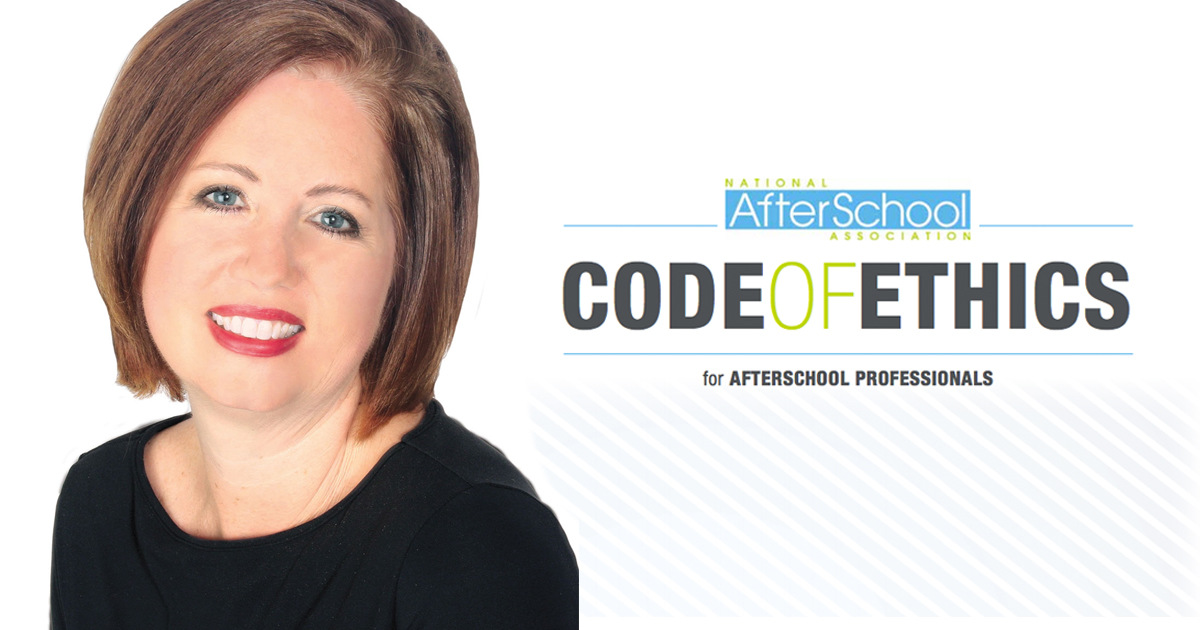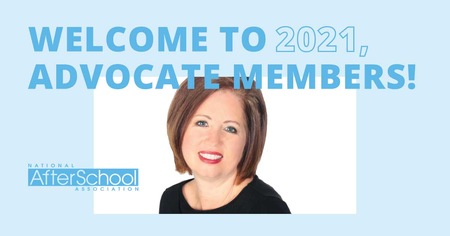Her immediate response was, "But I don't speak Spanish!" Which led us to a conversation about how "including" others could be exhibited in ways beyond words: This could be actions, a smile or any number of things that help someone feel he or she belongs.
This morning, I heard a prominent psychologist say on the radio that Tuesday's election outcome was a result of people feeling a need to "belong." Before you give up reading this—convinced I'll offend you with some sort of political positioning—please read on. Before you begin your silent "Yes!" fist pumps—thinking I'll take "the other side" to task—please calm down.
I hope in my words, both sides will find something to agree on.
The need to belong is universal. As afterschool professionals, we acknowledge this need in children every day. We shouldn't assume the need is any different for adults. Perhaps, many cast votes in response to a feeling that they didn't belong. Perhaps, many felt after Tuesday's results that they didn't belong.
It's not NAA's job to autopsy the results. It is our responsibility to bring together all of you who do this work to see our shared obligations and opportunities to children, to families, to communities, to society—not just on November 9, but on every single day of the year.
NAA has consistently affirmed the importance of well-informed, professionally trained personnel to continually improve afterschool program implementation. One of our field's cornerstone resources, the NAA Code of Ethics for Afterschool Professionals, outlines personal and professional excellence, and encourages the professional development of those working in the afterschool field. It is intended to define the principles and practices that guide ethical decision-making strategies of afterschool professionals to ensure safe, nurturing environments and positive relationships for children and youth. The introduction to this set of professional standards is full of empowering words and phrases, such as "inclusion," "common cause," "personal commitment." Each section explicitly speaks to our collective and individual responsibility for building relationships with and among children, families, communities and society. It speaks nothing of political party or persuasion. Rather, it lifts up that which binds us all as professionals and the common cause to which we dedicate our talents and passions.
As the national association that represents your work, we urge you to join us in adopting the NAA Code of Ethics for Afterschool Professionals and demonstrating these ethics in the important work you do every day to build bonds and support communities.




